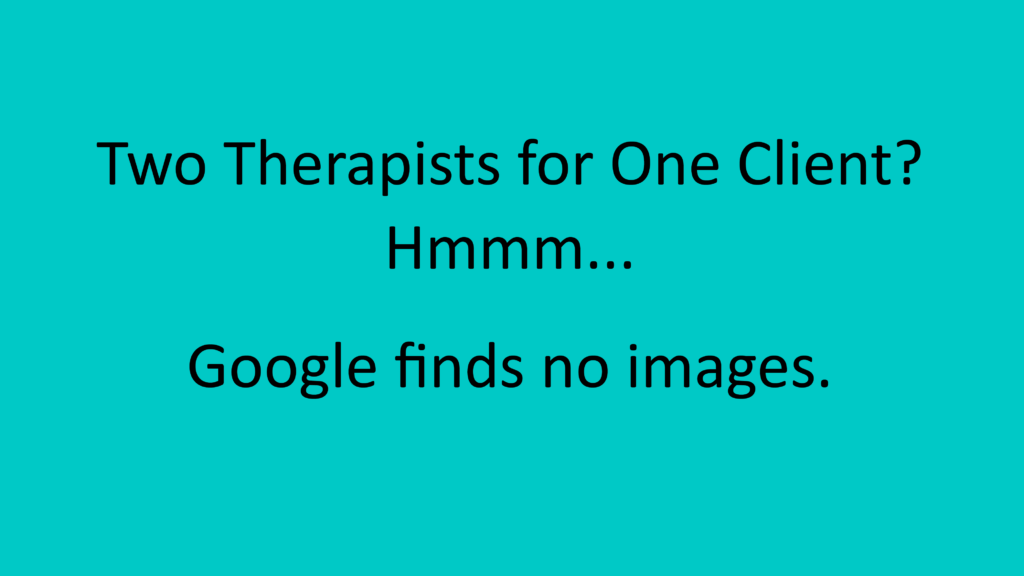The recent MAPS study piqued my curiosity about complexity and intensity as possibly helpful in healing PTSD – if the complexity might be sessions with two therapists and the intensity more therapy hours in a shorter time frame.
I have been listening to the Psychedelic Assisted Psychotherapy Summit this October and the perspective of Andrew Penn, NP caught my attention. He pointed out how effective the MAPS model was for the control group in the MAPS research.
In the MAPS Phase 3 Psychedelic Assisted Therapy Research Trial, 68% of the subjects were symptom-free at the end of the study. This is very good news for people with PTSD. What is especially interesting is that almost 50% of those in the control group were also symptom-free!
Clearly the therapy the control group got, without psychedelics, was much more effective than the usual once-a-week therapy that most people get. It was also much more effective than a CBT study on PTSD in which 50% of the subjects dropped out, at least some of them reporting that the study was retraumatizing.
In the MAPS study, all subjects had preparation sessions, 8-hour therapy sessions with two therapists, and integration sessions. So, both the control group and the treatment group had a total of 50 subject hours and 100 clinician hours over the course of 3 months.
What can we learn from this?
- Perhaps the two-therapist model is important.
- It might be that it offers a corrective experience of healthy parenting.
- It might allow subjects to project their negative transference on one therapist without losing the other.
- It might offer more safety to have two people holding space rather than just one.
- Perhaps the lengthy sessions of focused attention gave subjects something they did not know was possible, access to a deep sense of safety and hope about facing and digesting trauma in relational space.
Some trauma is obviously relational, like physical or emotional abuse by a family member. Some trauma is not particularly relational, like war trauma, a car accident, or being caught in a landslide. But if you have PTSD, it means that six months later, your tribe has failed to help you digest and integrate that experience, and failure of the tribe is always relational. Does the MAPS model begin to repair that failure of the tribe?
Certainly, we should be doing the research to test some of the hypotheses that the success of the control group raises. And probably we need to rethink how we do therapy.
Especially in these times when most intensity and complexity is too much, I would be delighted to have 100 hours of skilled, focused attention. I am sure it would make my life go better. That would be a lovely dose of complexity and intensity.
